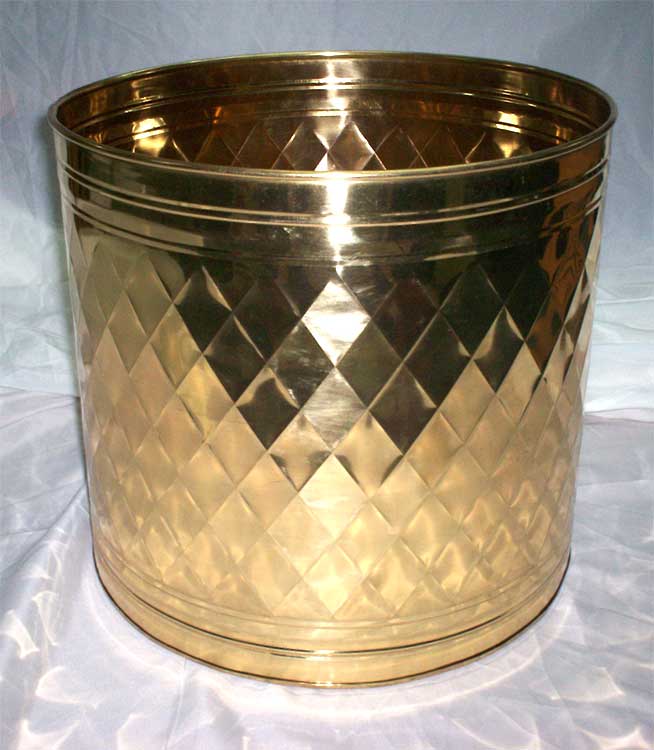Its firewood. Its nice that they have the option to burn it properly and make electricity from it.
But one dresser or such is not going to make you any money.
Depending on where you are (local rules) you could chop it up and sell it as firewood, people do that with old broken pallets here, and sacks of pinecones. ($5-$7 a sackfull).
You make your money by adding value to the item, that's what most of
scrap metal is about really, knowing what something is, what its about and what you can turn it into. Hint ($$)
Selling your Ferrous metal firsts a good idea, it takes up most of the space and as long as its got not much stuck to it, it goes as 'Lightgauge' or Heavy Melting Steel. Can't go wrong there.
Save up some nonferrous and check here at SMF as to what its classed as, get 10lbs or such of each separated and take it to a yard to sell it. This amounts good for your first learning trip to the buyers.
Its easy to see and pick thru, if any things wrong it won't cost you much.
Take it to a well known corporate owned yard, they don't have time to clean down the metal that comes in (mostly) so its in yours and theirs intrests that you know how to clean your metal down and to get the best prices for it.
They will probably give you a few hints on what to do and what to look out for in the metal.
Go there when its quiet, mornings are good.
Have a rough idea on what its worth and what your metal weighs.
Get a few more posts in and post some good pictures of what you have.
Once you start selling properly, you will be wanting to sell nonferrous by the 20kg (44Lbs) $100 mark or close.
I use plastic paint pails, by the time its full its worth something, except for Aluminium, you will want at least 100Lbs of that.
Ali has at least 3 grades you sell by, Extrusion, Cast Ali, Domestic Ali. Ali cans.
Give us a idea of what you are scrapping down too, everything's got things to look out for. I learnt something quite important yesterday and I have been doing scrapmetal for over a decade, maybe two.
After edit.
Be safe, wear gloves and protect your wrists. Wear safety glasses when cleaning things down. If you are hammering or cutting wear ear protection too. Wear good safety boots with ankle support and preferably steel toe caps.
Be carefully, don't scrap around cars or near where things can get broken, this is important, one wrong move can cost you $$$ and once it has, you will never get that money back.
. Ceramic or Ferrite and safety glass do not go together at all.
Same with finding scrap, if you get told about some, get onto of right away, if you linger, it may not be there when you get back.






 Register To Reply
Register To Reply










 -
-





Bookmarks